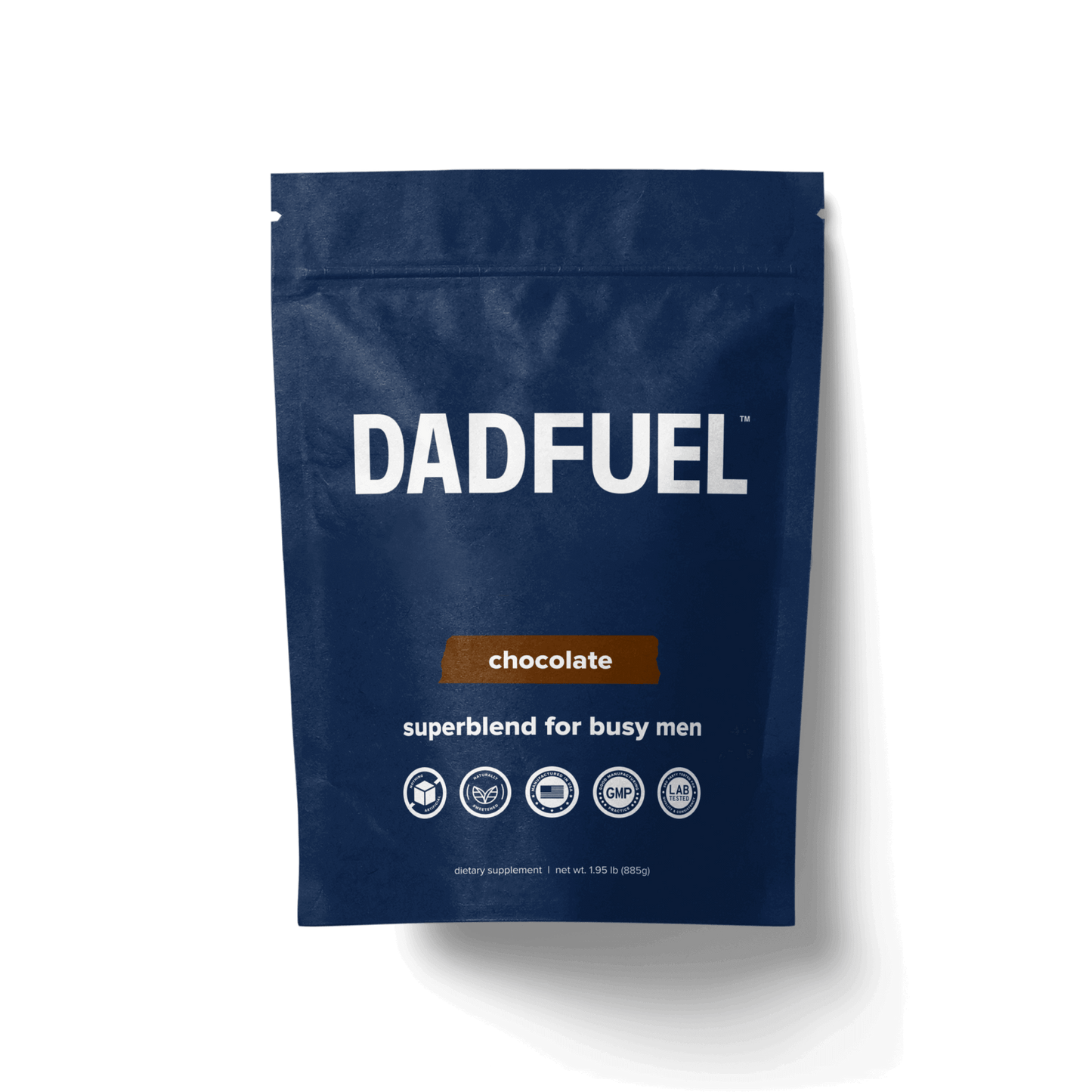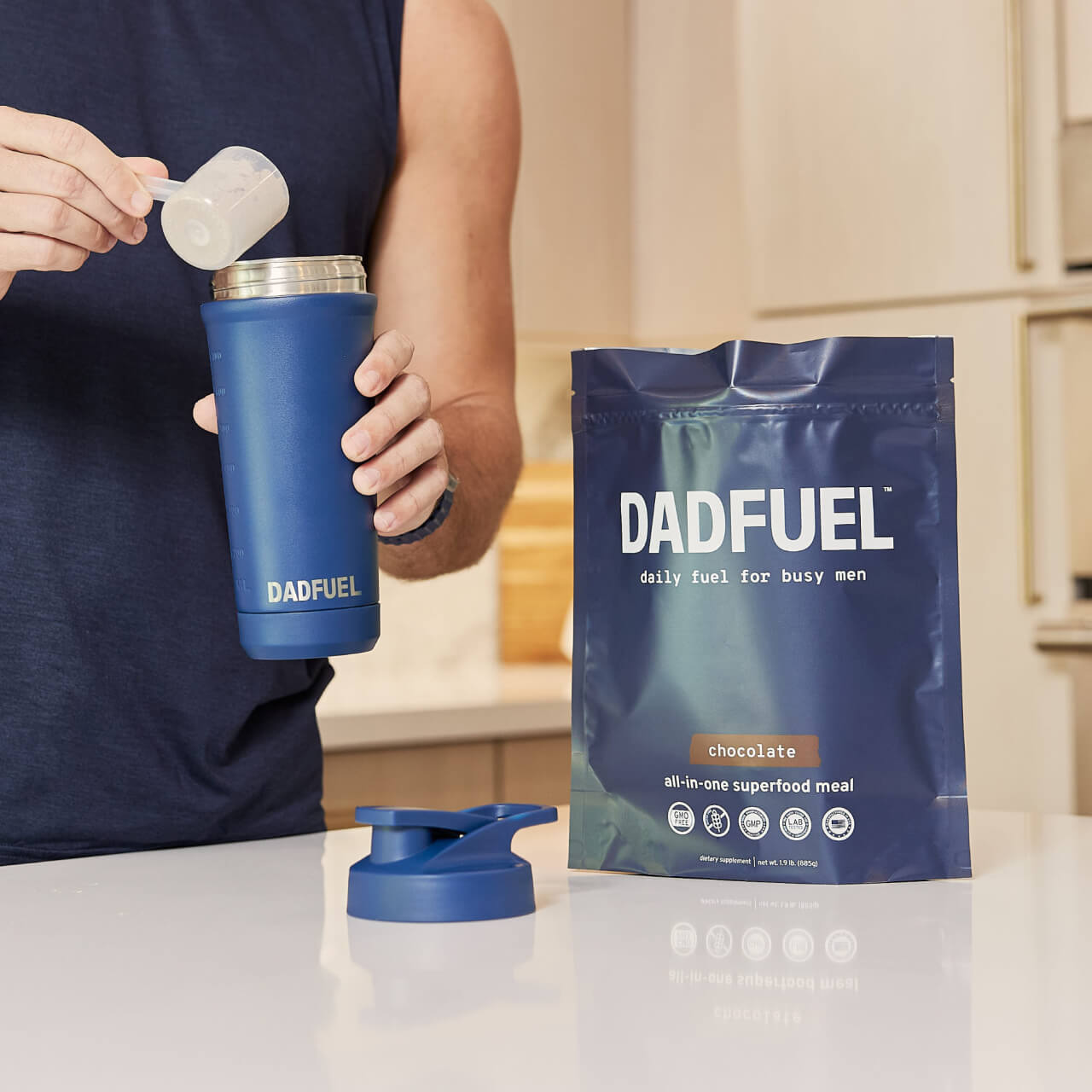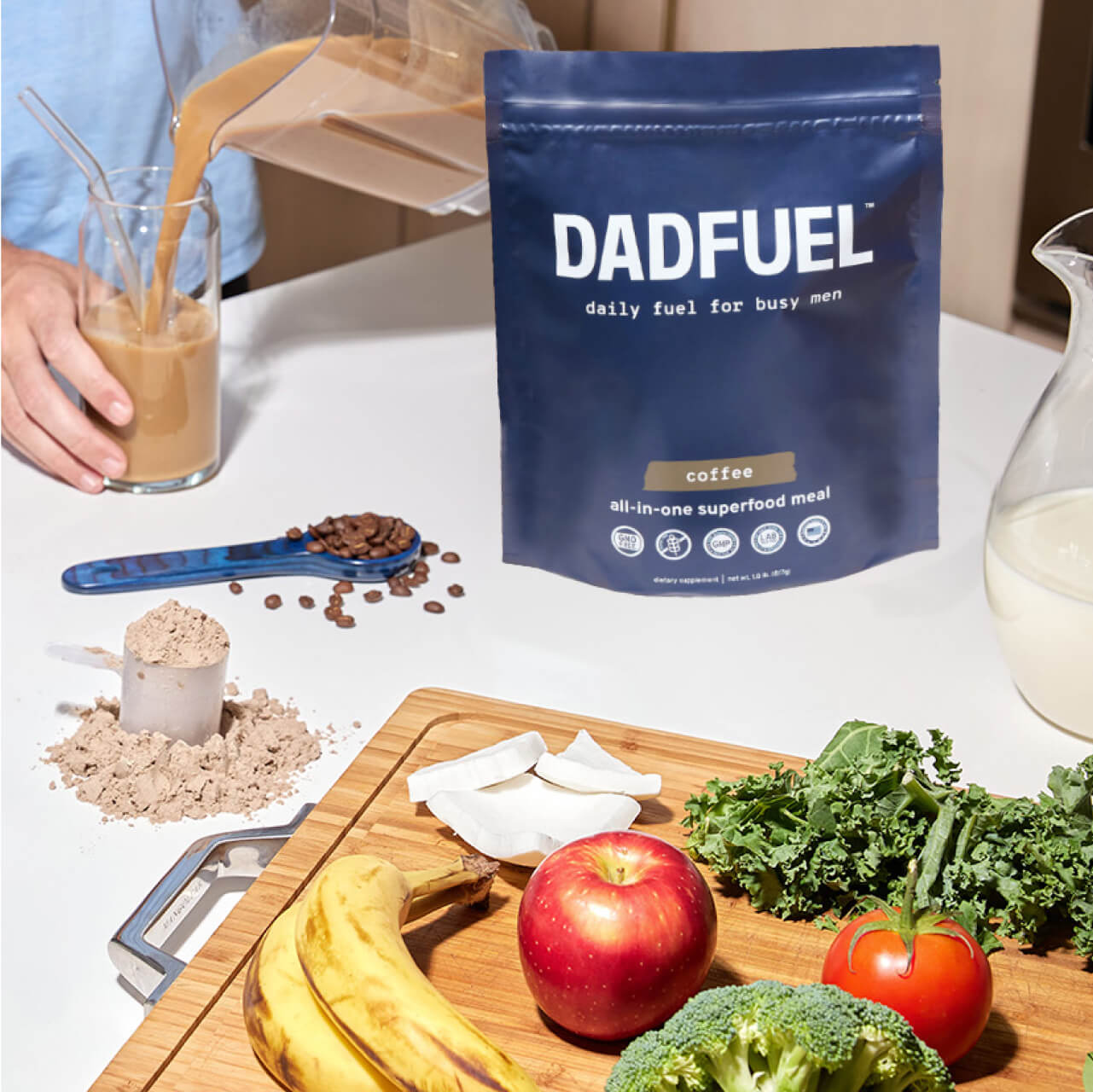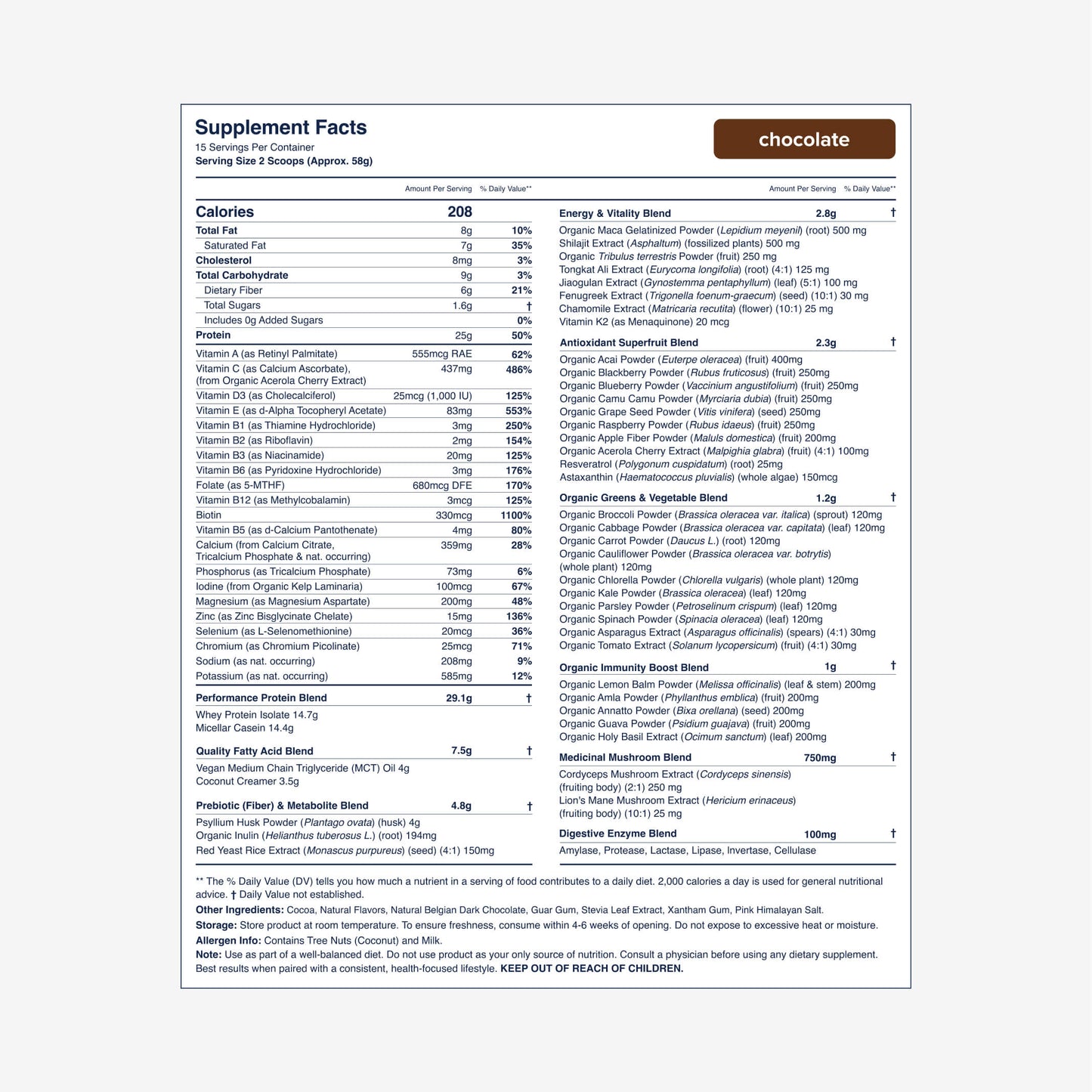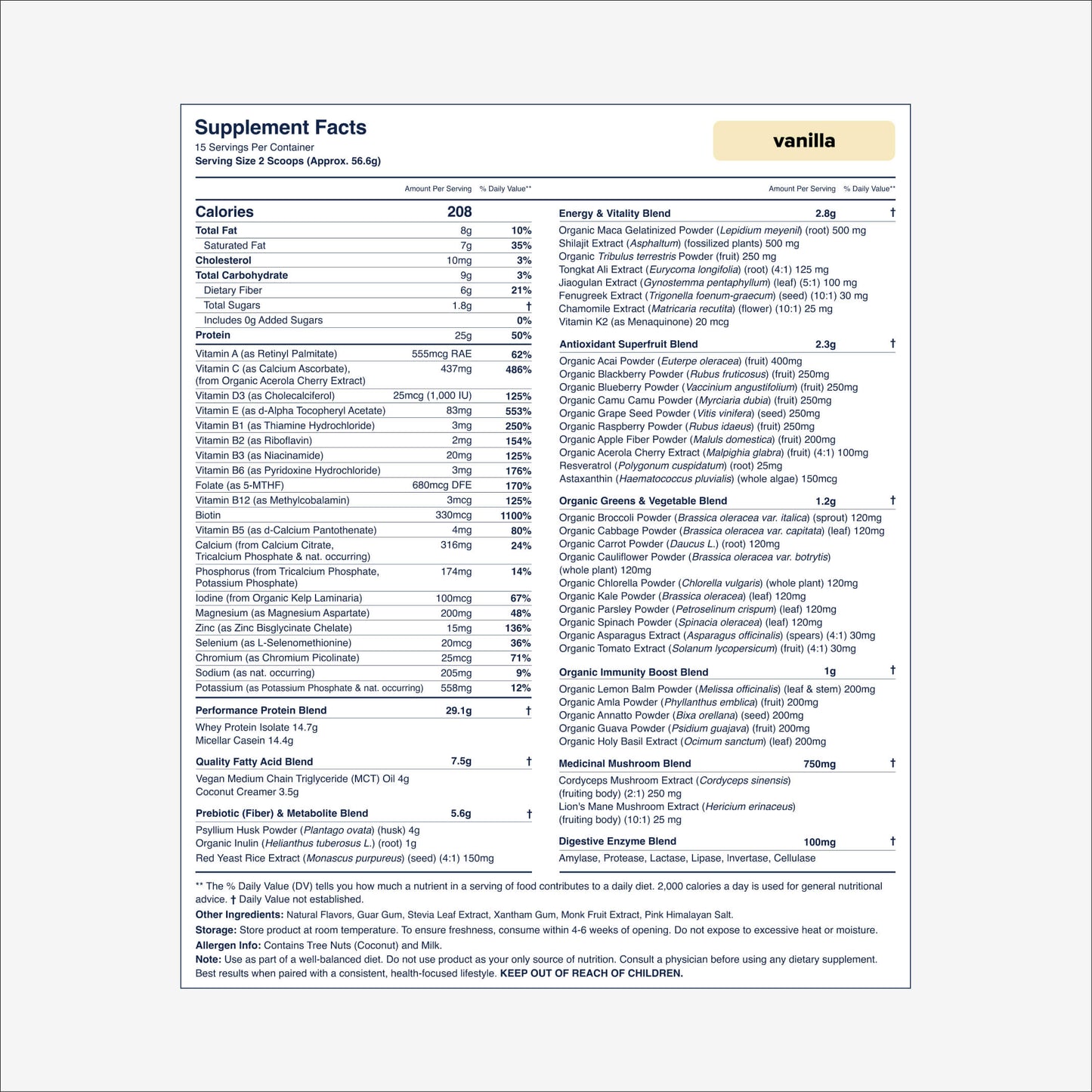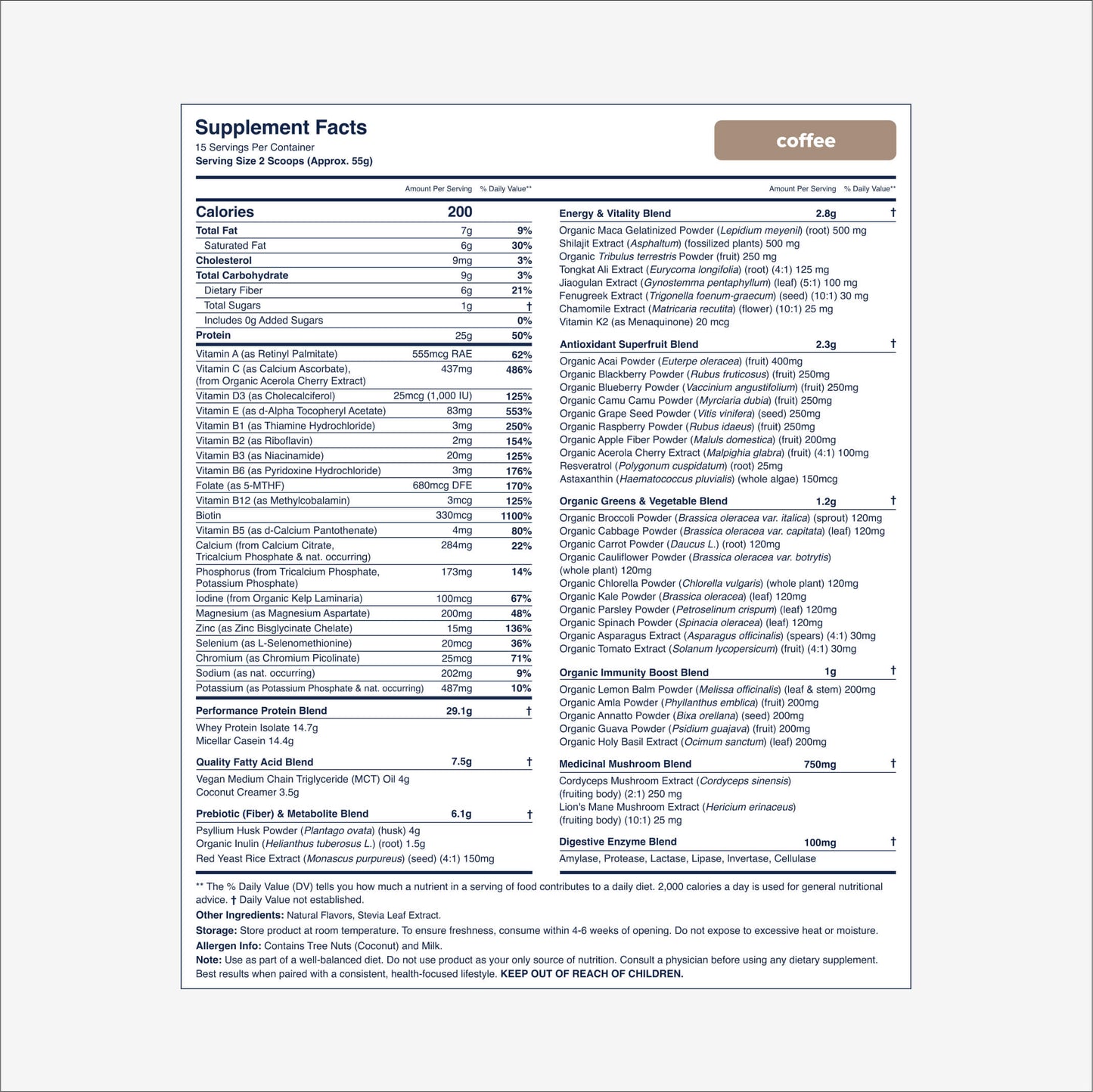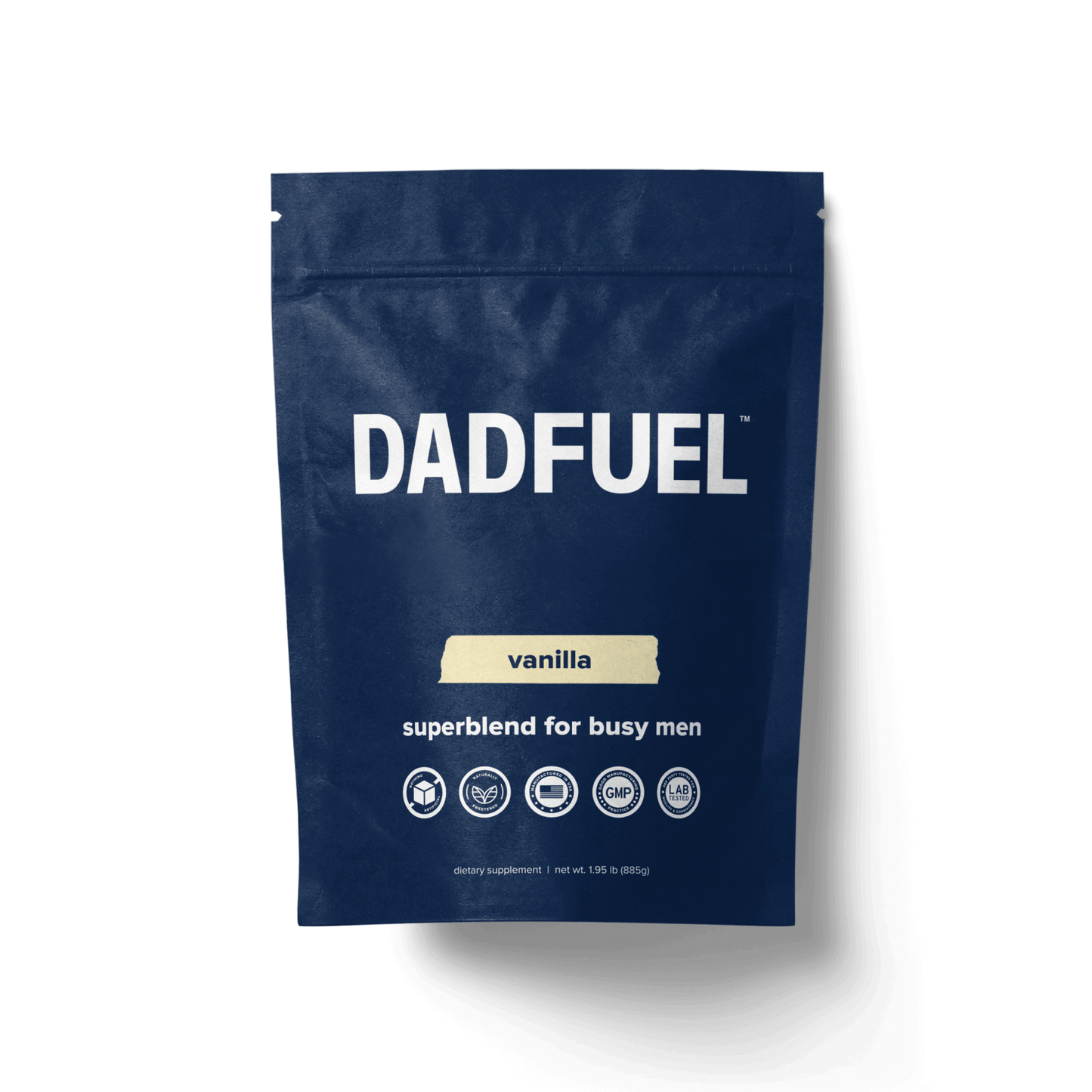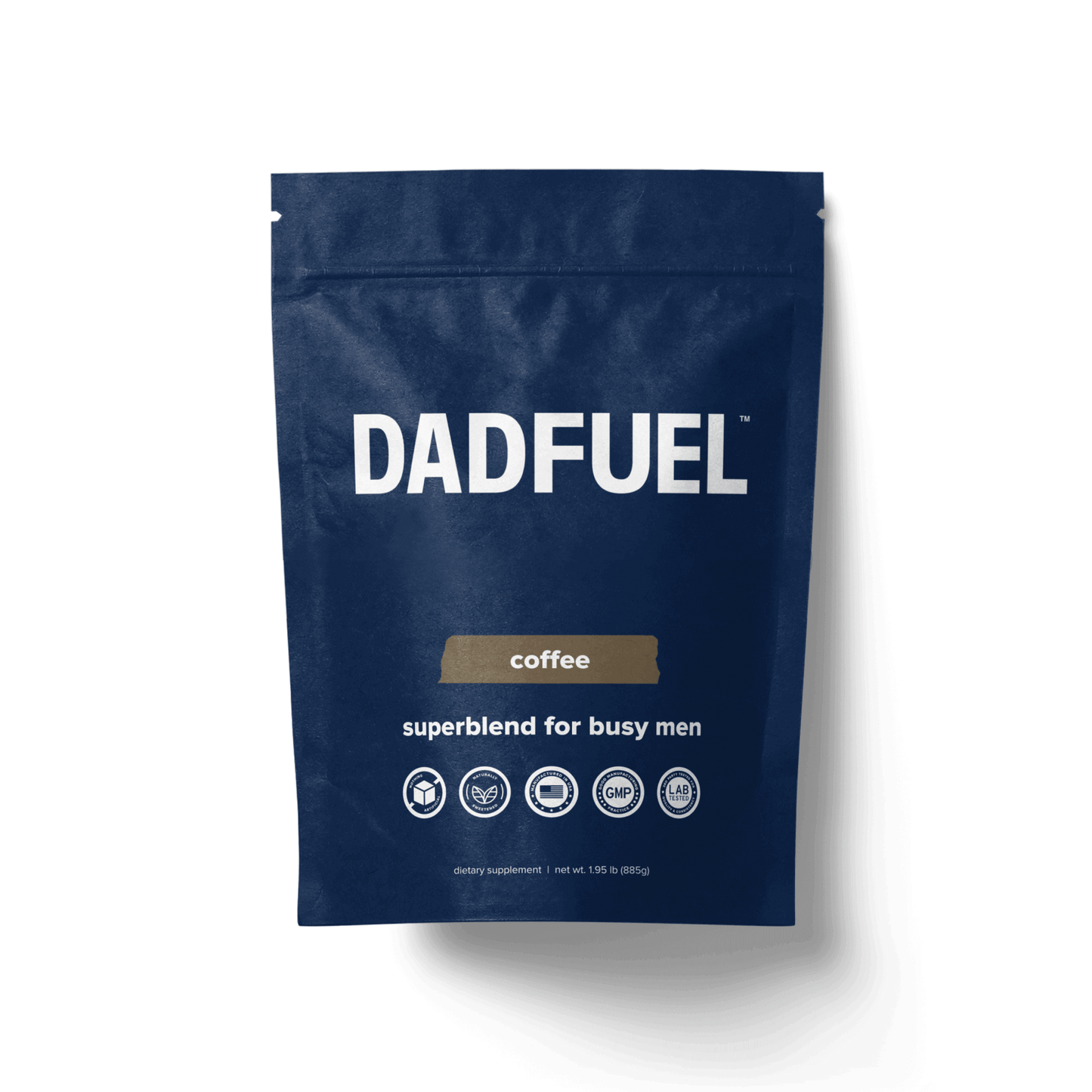The Role Of Nutrients In Immune Function
Nutrients like vitamin C, vitamin D, and zinc are essential for maintaining a strong immune system. These vitamins and minerals help the body produce and regulate immune cells, which are necessary for fighting off infections and maintaining overall health. A lack of these nutrients can weaken the immune response, making it more difficult to recover from illnesses. Daily intake of these key nutrients is crucial for ensuring the immune system stays efficient and responsive.
Bridging Nutritional Gaps With Supplements
Many men find it challenging to get all the nutrients they need from diet alone consistently. Busy schedules, inconsistent meals, and limited access to balanced food make it difficult to meet daily nutritional requirements. Supplements can help bridge these gaps by providing concentrated doses of immune-supporting ingredients. By incorporating supplements into their routine, men can ensure they get the necessary nutrients, even when their diet falls short.
The Long-Term Impact Of Poor Nutrition
Poor nutrition can affect the immune system, weakening its ability to fight off infections over time. Chronic nutrient deficiencies reduce the immune system’s capacity to function properly, making men more vulnerable to illness and health complications. Long-term neglect of daily nutritional needs can lead to more frequent colds, flu, and even more serious conditions. Consistently maintaining a balanced intake of essential nutrients helps to prevent these issues and keeps the immune system functioning optimally.
Consistent Nutrition For Optimal Immune Health
Maintaining consistent daily nutrition is key to sustaining both short-term and long-term immune health. Regular intake of immune-boosting nutrients helps the body remain resilient against common illnesses and supports overall wellness. Whether through diet or supplements like DADFUEL, ensuring a steady supply of vitamins and minerals is crucial for staying healthy. Men prioritizing consistent nutrition are better equipped to stay active, focused, and healthy, even during challenging times.
How To Choose The Best Immune Support Supplement For Your Needs
Look For Key Immune-Boosting Ingredients
When choosing an immune support supplement, focus on key ingredients proven to strengthen the immune system. Vitamins such as C and D boost immune function, while minerals like zinc support immune cell production. Adaptogens such as cordyceps can help the body manage stress, supporting immune health. Including these ingredients ensures you’re getting comprehensive immune protection.
Prioritize Natural And Clean Formulations
The quality of a supplement's ingredients is just as important as its contents. Always look for products made with natural and clean ingredients, free from artificial additives, fillers, and preservatives. Supplements made from whole foods or organic sources are better for the body, as they’re typically more bioavailable and easier to absorb. Choosing clean formulations also reduces the risk of adverse side effects, making them a safer option for long-term use.
Consider Your Specific Health Goals
Different supplements cater to different needs, so aligning your choice with your personal health goals is essential. If you’re looking for more than just immune support, opt for a supplement that offers additional benefits like increased energy or enhanced focus. For example, DADFUEL provides immune support while boosting energy and overall wellness. Tailoring your supplement choice to your specific health goals ensures you’re getting the maximum benefit.
Focus On Convenience And Routine
Consistency is key in immune support, so finding a supplement that fits easily into your daily routine is crucial. Whether it's a powder that mixes quickly into a shake or a capsule that can be taken on the go, convenience plays a significant role in ensuring regular use. The easier the supplement is to incorporate into your life, the more likely you will stick with it. Consistent use is vital for long-term immune health and overall well-being.
Read also:
Sources:
- Office of Dietary Supplements - Dietary Supplements for Immune Function and Infectious Diseases. (2023, June 27). Ods.od.nih.gov. https://ods.od.nih.gov/factsheets/ImmuneFunction-HealthProfessional/
- Gombart, A. F., Pierre, A., & Maggini, S. (2020). A Review of Micronutrients and the Immune System–Working in Harmony to Reduce the Risk of Infection. Nutrients, 12(1). https://doi.org/10.3390/nu12010236
- Morales, F., Montserrat-de, S., Leon, M. J., & Rivero‐Pino, F. (2023). Effects of Malnutrition on the Immune System and Infection and the Role of Nutritional Strategies Regarding Improvements in Children’s Health Status: A Literature Review. Nutrients, 16(1), 1–1. https://doi.org/10.3390/nu16010001
- Munteanu, C., & Schwartz, B. (2022). The relationship between nutrition and the immune system. Frontiers in Nutrition, 9(1). https://doi.org/10.3389/fnut.2022.1082500




 60 Day Better Dad Guarantee
60 Day Better Dad Guarantee
 Fast, Secure Checkout
Fast, Secure Checkout
 Typically Arrives in 2-3 Days
Typically Arrives in 2-3 Days
